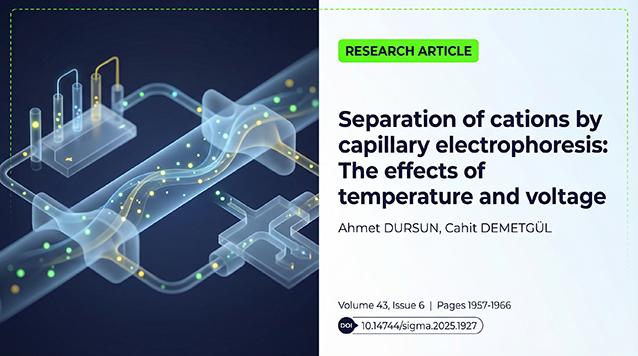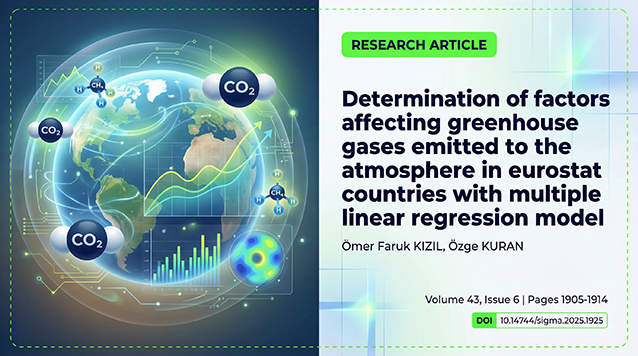2Bursa Technical University, Maritime Faculty, Naval Architecture and Marine Engineering Department, Bursa, Türkiye
Abstract
The purpose-oriented design and planning of ships is maintained throughout production. Outer form of ship equipment starts with the steel construction process. The outer body production process moves ahead with painting, quality control tests, and bureaucratic procedures. In accordance with all these form and block operations, choosing a main engine suitable for all other technical parameters is vital, especially regarding ship speed and the amount of cargo it will carry. As a result, estimating main engine power is attempted with the help of artificial neural network (ANN) and regression analyses by considering a ship’s technical parameters (e.g., draught, depth, deadweight tonnage [DWT], gross tonnage [GT], and engine power). This study conducts regression and ANN analyses over 836 tanker ships from the Marine Traffic database to predict main engine power using input parameters (deadweight (DWT), Length (L), Breadth (B), and gross ton (GT) values). The regression analyses show Model 7 to perform the best approximation with a determination value = 0.827 usable for estimating main engine power. After all the examinations, a very accomplished result of 0.98047 was additionally obtained from the ANN analysis. The study makes beneficial and innovative contributions to predicting tankers’ required main engine power.
















